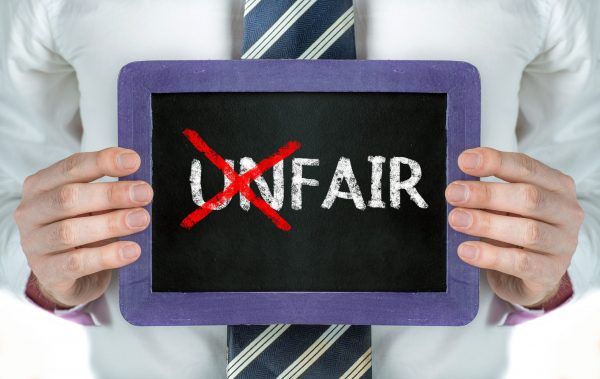Death cover insurance payments can count towards the high-income threshold
The Case
Crowley v Savannah Nickel Mines Pty Ltd (2016)Mr Crowley commenced unfair dismissal proceedings against his former employer, Savannah Nickel Mines Pty Ltd (SNM). SNM objected to the application, claiming that Mr Crowley was above the high-income threshold and that, as he was not otherwise covered by an award or enterprise agreement, he could not bring an unfair dismissal claim.
SNM claimed that because it paid death cover insurance on behalf of Mr Crowley, this payment, when added to his other income, took him over the $136,700 gross per annum high-income threshold.
The Verdict
At first instance, Fair Work Commissioner Cribb held that the death cover insurance did not count towards Mr Crowley’s income because the insurance had been taken out in the name of SNM’s holding company. Commissioner Cribb also indicated that the payment was like a workers’ compensation premium and therefore should not to be used in calculating Mr Crowley’s income.
However, when SNM appealed to the Full Bench of the Fair Work Commission, it held that the death cover insurance should be included. The Full Bench was not concerned that the insurance policy was not in Mr Crowley’s name, and held that the fact that it was “applied or dealt with” on his behalf was the true and proper consideration. When the cost of the death insurance premium was added to Mr Crowley’s other income, he was over the high-income threshold, so his unfair dismissal claim was dismissed.
The Lesson
When determining whether an employee’s income is above the high-income threshold, you must consider each employee’s circumstances on a case-by-case basis. Always look beyond what you are providing to or on behalf of an employee over and above their base salary to determine whether or not they qualify to bring an unfair dismissal claim.
However, remember there are many legal risks besides an unfair dismissal claim, so always exercise caution when dismissing an employee. If in doubt, obtain legal advice.
Please note: Case law is reported as correct and current at time of publishing. Be aware that cases in lower courts may be appealed and decisions subsequently overturned.
Get the latest employment law news, legal updates, case law and practical advice from our experts sent straight to your inbox every week.

